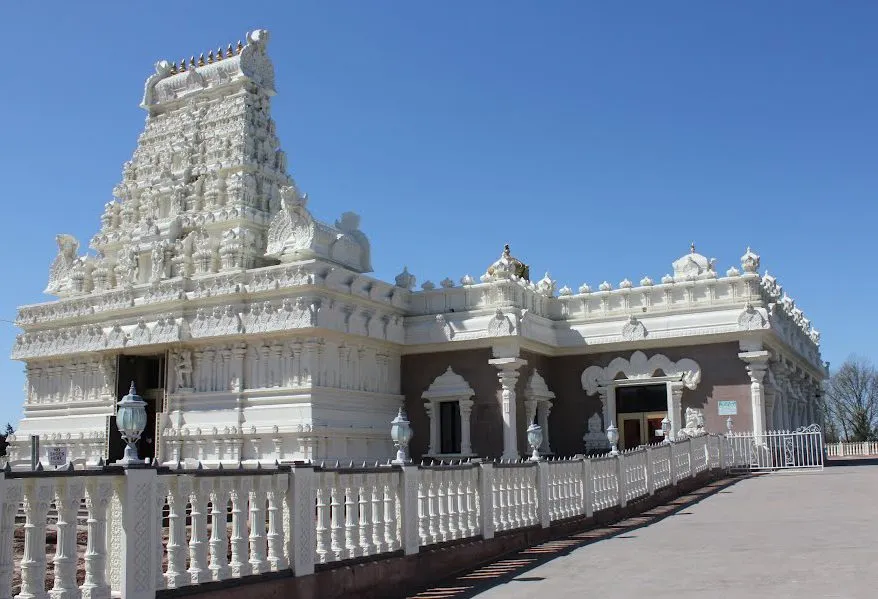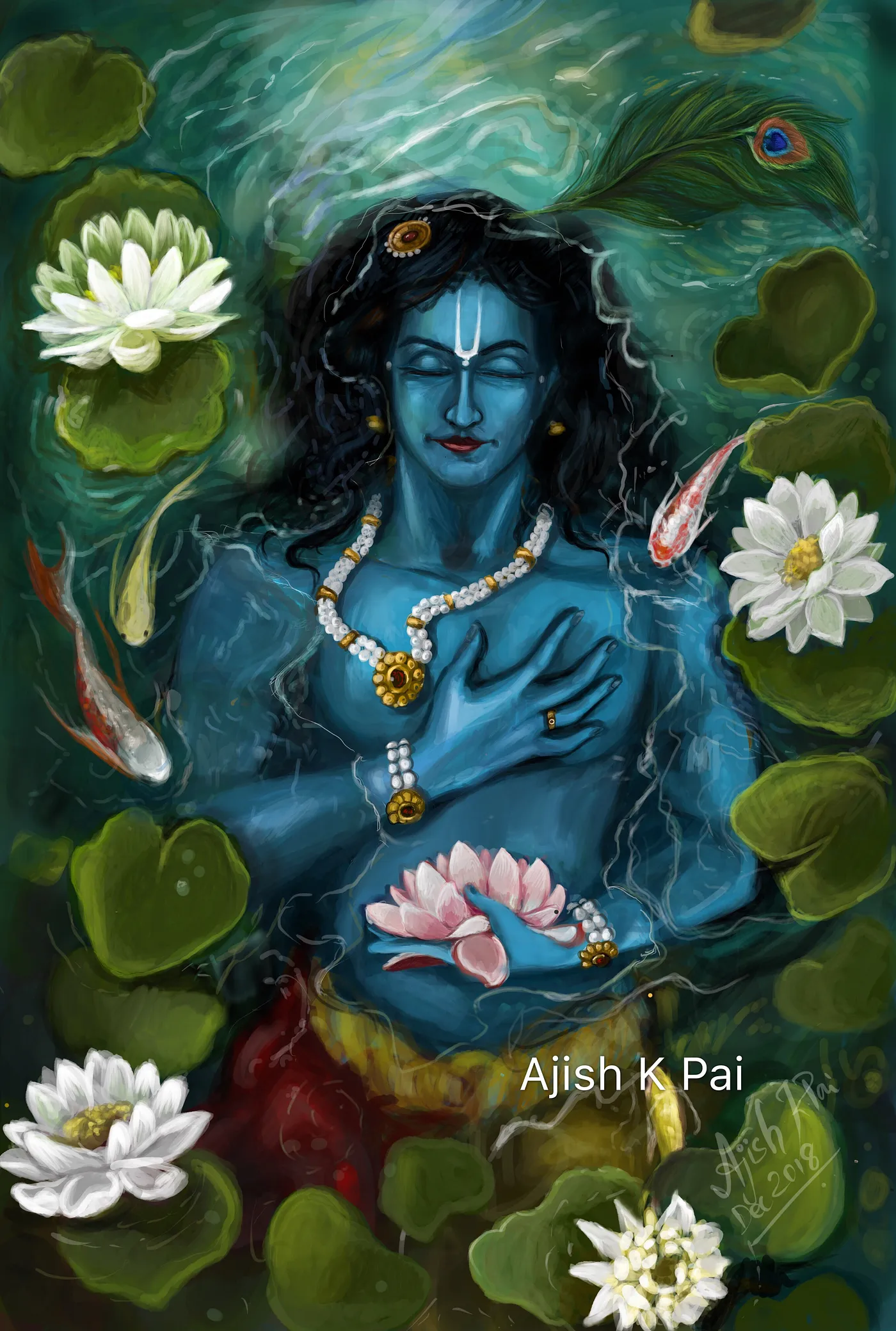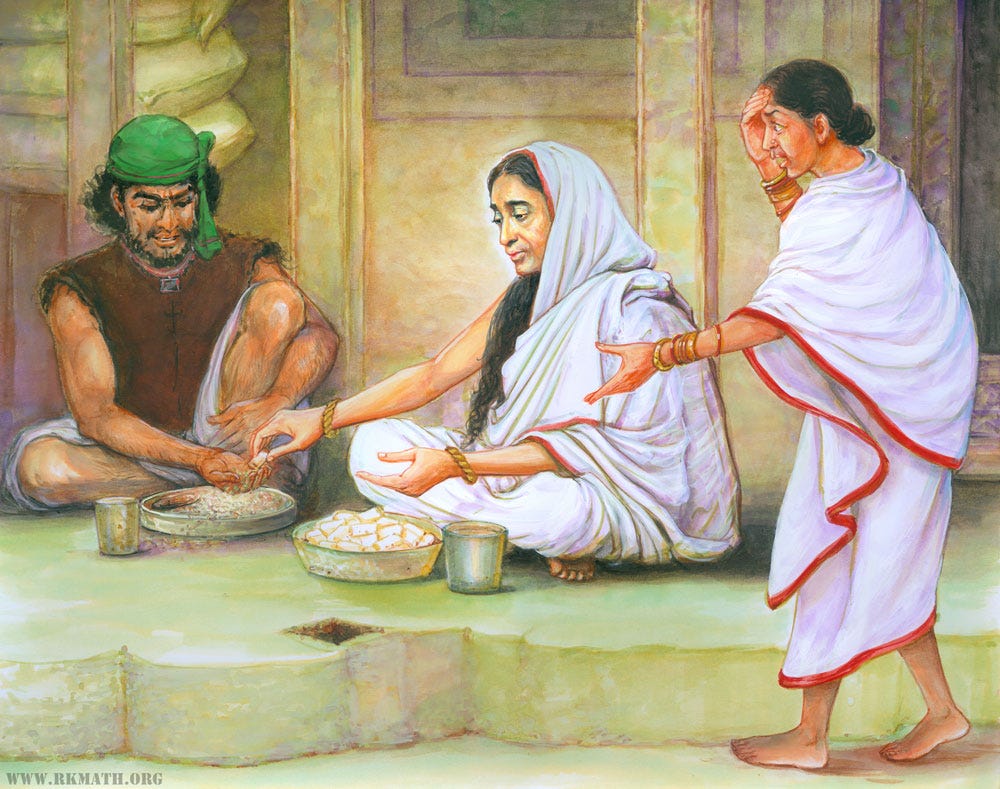Over the weekend, I attended a gathering of a Hindu organization that serves people across the United States. While their intentions were noble and admirable, their philosophies made me feel like:

Sitting there and listening to their lectures made me realize that many do not grasp the difference between culture, ethnicity, and country. Sadly, this issue with Asian Indian-origin Hindus, as I have personally witnessed, has rendered us a laughingstock amongst the rest of the world.
Indian Flag In America?
For the Asian Indian origins in the United States, let me give you a visual:
A bunch of Americans entered India as immigrants. They acquired Indian citizenship and then started a charity organization with Catholic values. In their promotions and buildings, they hoisted the American flag at par with the Indian flag. At times, the American flag stood ahead of or replaced the Indian flag.
They spoke of themselves as not just Catholic but also as Americans in every sentence and enforced that everyone who joined that organization must do the same. And then, they wondered why the people of India were irritated and weren’t joining their cause.
Now reverse the above scenario by replacing Catholics with Hindus. And Americans with Asian Indians and vice versa. Unfortunately, that’s what the Hindus do in the United States.
Unlike other cultures, Hindu organizations behave like every Hindu is an Asian Indian citizen who acquired US citizenship for convenience. Then, they trash-talk that the locals isolate Hindus, forgetting that no American will be pleased to see the flag of any other country in their nation, which hurts their patriotism.
Guess what, by confusing culture with ethnicity and country, we degrade Sanatana Dharma (aka Hinduism).
Ethnicity
The place where your ancestors originated is your ethnicity. Plain and straightforward, ethnicity is the way you look.
For example, I’m of Asian Indian origin, and I carry my brown skin tone, hair texture, looks, and background with pride. It’s something my ancestors gave me, and I thoroughly value it.
Spiritually speaking: If I’m insecure about my body, I’ll disrespect the precious gift my divine bestowed upon me.
Country
In my mind, this is clear (unlike most Asian Indians who emigrate)— it is the country to which you pledge allegiance, whether by birth or naturalization.
For example, even though I wasn’t born here, I have an American passport since this is the country where I’ve spent more than half of my life and where I may spend the remainder of my life. When I took over US citizenship, I pledged allegiance to the American flag and this nation. So, this is my country, and I’m immensely proud of it.
Spiritually speaking: If I don’t feel the way I do about my country, I’ll be unfaithful to the promise (allegiance) I made when I got my US citizenship.
Culture — Faith or Lifestyle
This is where the problem in understanding starts! Many people have a blurred vision of Sanatana Dharma (aka Hinduism). Just because the thought process originated in India, people think they must wave an Asian Indian flag in every Hindu organization across the world.
Let us consider the example of Roman Catholicism. It is said to have originated in Roman-occupied Jewish Palestine. Many Americans follow this culture, but none go around waving the flag of Rome or the region!
Sanatana Dharma took me to inner peace, and I’m truly grateful to this culture. Hence, I’m a proud (Tamil-speaking) Sanatani, aka Hindu. This is my lifestyle, and I speak and write about it openly.
In all, my identity is clear because I don’t confuse my country and ethnicity with my culture. In the worldly plane, I’m an Asian Indian-origin American Sanatani.
Vasudeiva Kutumbakam
Patriotism is commendable, and we must all have it. And we should be as truthful to the land of our allegiance as possible, for that will give our soul some peace for keeping a promise.
Nevertheless, Sanatana Dharma is about going beyond all attachments, which includes affinity to any particular place on this planet. So, this culture is definitely NOT Hinduism, which sounds restricted to a territory.
Sanatana Dharma is beyond any ethnicity or country, it is a culture that promotes Vasudeiva Kutumbakam— treating this entire universe as one entity.
In our ignorance, let’s not tarnish this culture, which transcends worldly divisions and goes beyond the confines of boundaries and limitations.
Sanatana Dharma is about unity in diversity; it’s about tolerance, empathy, and compassion. Let’s understand it, accept it, and embrace it with pride.
Love,
Sri Devi Om
Featured Image: Vishnu Temple in New Jersey, where I got married.



